(LĐXH) - The Ministry of Home Affairs has proposed a series of new regulations in the draft Law on Organization of Local Government (amended) which has just been put out for public consultation.
The organization of local government at all levels is still cumbersome and multi-layered.
According to the Ministry of Home Affairs (the drafting agency), after nearly 10 years of implementing the Law on Organization of Local Government in 2015, 4 years of implementing the Law on Amendments and Supplements to a Number of Articles of the Law on Organization of the Government and the Law on Organization of Local Government in 2019, and 3 years of implementing the National Assembly's resolutions on the organization of urban governments in Hanoi, Ho Chi Minh City, and Da Nang, it shows that the organization and operation of local governments at all levels have gradually stabilized, operated effectively, and basically met the requirements of management and socio -economic development in the locality.
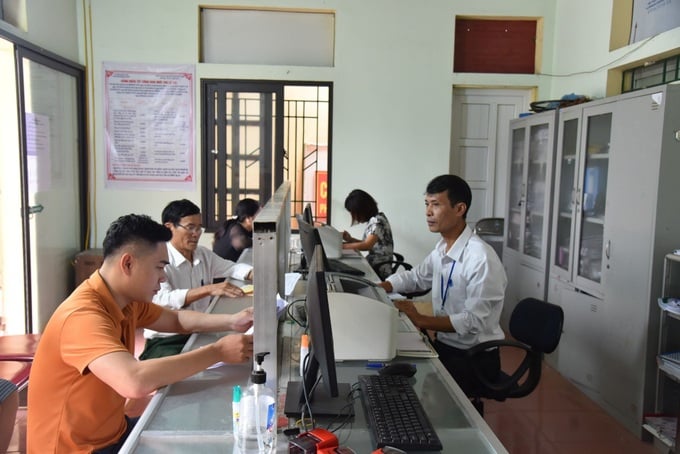
However, the Ministry of Home Affairs assessed that the process of organizing the implementation of the above laws and resolutions has revealed a number of limitations and inadequacies that need to be studied, revised and supplemented accordingly.
Although the Law on Organization of Local Government has stipulated basic issues on the division of authority, decentralization, and delegation of authority, the implementation process has shown some shortcomings, and there is a lack of connection and consistency between the law and specialized laws, affecting the implementation of the policy of promoting decentralization and delegation of authority from the central to local levels.
The provisions of the Law on Organization of Local Government have not yet created principles for specialized laws to regulate the way in which the tasks and powers of local governments are regulated.
This leads to a situation where specialized laws only assign tasks to provincial-level local authorities or provincial-level People's Committees, or only provide general regulations on the tasks of local authorities at all levels, causing difficulties in implementing the principles of decentralization, delegation, and authorization, and in arranging and assigning organizational apparatus and staffing.
"There are tasks that are carried out at both provincial and district levels, or at both district and commune levels, but the authority and responsibility of each level is unclear, leading to confusion in issuing regulations on state management at the local level," the Ministry of Home Affairs pointed out.
The local government organization model is also considered not to be suitable for urban areas, leading to the National Assembly having to issue separate resolutions to regulate the urban government organization of Hanoi , Ho Chi Minh City, Da Nang, and Hai Phong.
"Most administrative units (AUs) across the country have local government levels including People's Councils and People's Committees. The organizational structure of local governments at all levels is still cumbersome, with many layers, and has not yet ensured the goal of streamlining, effectiveness and efficiency according to the direction of the Party, National Assembly and Government," the Ministry of Home Affairs reported.
The organization and operation of People's Councils at all levels (especially at the provincial level) are considered not to be commensurate with the position, role, and increasingly high requirements and tasks of representative bodies and state power agencies at the local level, deciding on local issues.
Most of the People's Council delegates work part-time, some hold leadership positions in local state management agencies... so the delegates do not have much time for the activities of the People's Council.
In exercising the right to supervise, many delegates concurrently hold the position of both the subject of supervision and the subject of supervision, so they have not fully demonstrated their responsibilities and still avoid and fear confrontation when questioning at meetings and supervision sessions.
The Ministry of Home Affairs assessed that the organization and operation of People's Committees at all levels are not yet streamlined, and the operation of People's Committees (where People's Councils are organized) still relies heavily on the management of the People's Committee collective, without promoting the authority and responsibility of the head of the administrative agency (Chairman of the People's Committee).
This leads to many daily tasks of the People's Committee having to be discussed or voted on by the People's Committee, affecting the effectiveness, efficiency and timeliness of local state administrative agencies.
"It is necessary to draft the Law on Organization of Local Government (amended) to comprehensively amend and replace this law," the drafting agency emphasized.
Notable new features
On the basis of inheriting the relevant provisions of the current law and specifying the 5 policies in the proposal to develop the draft law approved by the Government, the draft law is seeking opinions to introduce new points.
Firstly, regarding the organization of administrative units, establishment, dissolution, merger, division, and adjustment of administrative unit boundaries, the principle is supplemented: The organization of administrative units is carried out on the basis of the overall planning of national and local administrative units in accordance with each stage of socio-economic development.
Carry out the arrangement of administrative units that do not meet the standards prescribed by law to rationally organize administrative units at all levels.
Specific regulations on collecting public opinions and procedures for establishing, dissolving, merging, dividing, and adjusting administrative unit boundaries, ensuring the goal of simplifying processes and procedures, facilitating the continued arrangement of administrative units at all levels in the coming time.
Second, the draft law has defined authority, decentralization, delegation, and authorization among local government levels to ensure the goal of "each task is only assigned to one local government level to perform", "the local government level that solves the problem more practically and effectively will be assigned to that local government level to perform".
In which, the provincial local government issues strategies and policies in the area and ensures the consistency and continuity of the national administration from the central to local levels.
Local authorities at district and commune levels are the implementing level, not the policy-making level. Local authorities at all levels are autonomous and responsible for deciding on local issues as prescribed by law.
In addition, the draft law expands the subjects of decentralization and authorization and the subjects receiving decentralization and authorization to create initiative for local authorities in performing assigned tasks and powers; strictly regulates the conditions for implementing decentralization and authorization; cases of non-decentralization and authorization... to limit widespread decentralization and authorization.
Thirdly, the general tasks and powers of local governments, People's Councils and People's Committees at all levels are specified on the basis of provisions in Articles 112, 113 and 114 of the 2013 Constitution.
It will define the tasks and powers of each level of local government; define the tasks and powers between the People's Council and the People's Committee at each administrative unit; define the tasks and powers of the People's Committee and the Chairman of the People's Committee at all levels.
District-level local authorities organize the implementation of tasks that commune-level local authorities are not capable of performing (not issuing policies). Commune-level local authorities perform specific tasks within their capacity.
Fourth, the draft law stipulates the model of local government organization in the direction: For urban administrative units, there will be no government level organization (no People's Council organization) but only local government organization as People's Committee in districts, wards and towns.
For rural administrative units, there will be no government level (no People's Council) but only local government, which is the People's Committee at the commune level. For administrative units on islands, the draft proposes that island districts not organize commune-level administrative units. For special administrative-economic units, the organization of local government is stipulated by the National Assembly when establishing that special administrative-economic unit.
Fifth, regarding the organizational structure and operation of People's Councils and People's Committees at all levels, the draft stipulates that the number of full-time People's Council delegates must not exceed 25% for provincial People's Councils and 20% for district People's Councils.
The framework for the number of committees of the People's Council is also proposed: Provincial People's Council shall have no more than 3 committees; City People's Council shall have no more than 4 committees; District, town, provincial city, city under the province, city under the central city shall have no more than 2 committees.
The People's Council decides to establish committees and decides the number of full-time delegates of the People's Council to ensure suitability with local realities.
For the People's Committee, the organizational structure, working regime and operations of the People's Committee at the administrative unit organized at the local government level (with People's Council) will be distinguished and the People's Committee at the administrative unit not organized at the local government level (without People's Council).
In which, the People's Committee at the administrative unit organizes the local government level (with the People's Council) with the organizational structure including the positions of chairman, vice chairman and a number of People's Committee members.
The Government will prescribe the number of vice chairmen and members of the People's Committee; the number of specialized agencies under the People's Committees at the provincial and district levels and delegate authority to People's Councils at all levels to decide on the number of vice chairmen of the People's Committees. The People's Committees operate under the collective regime of the People's Committees combined with the individual responsibilities of the Chairman of the People's Committee and each member of the People's Committee.
Notably, the draft law adds provisions on assigning responsibility for the operation of the People's Committee in case of vacancy of the People's Committee Chairman and the authority of the People's Committee Chairman has not been assigned to ensure the smooth operation of the administrative agency and overcome difficulties in the case of vacancy of the People's Committee Chairman in the past.
The Kha
Labor and Social Affairs Newspaper No. 3
Source: https://dansinh.dantri.com.vn/nhan-luc/de-xuat-nhieu-quy-dinh-moi-ve-to-chuc-chinh-quyen-dia-phuong-20250107104531055.htm


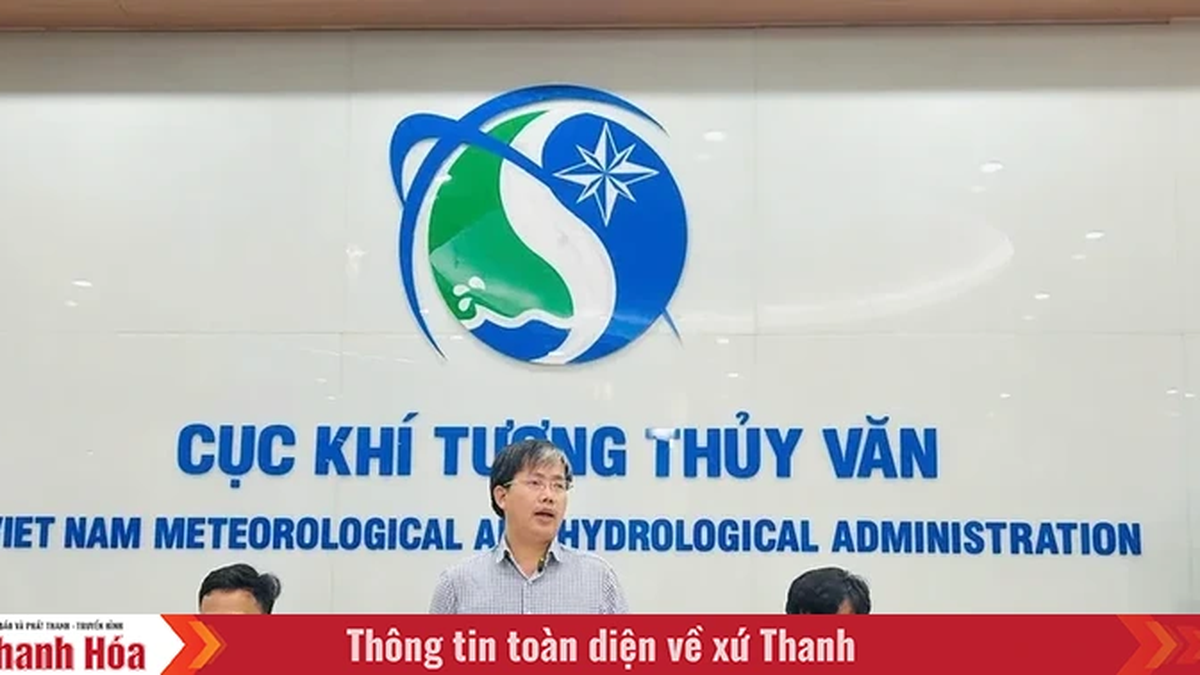
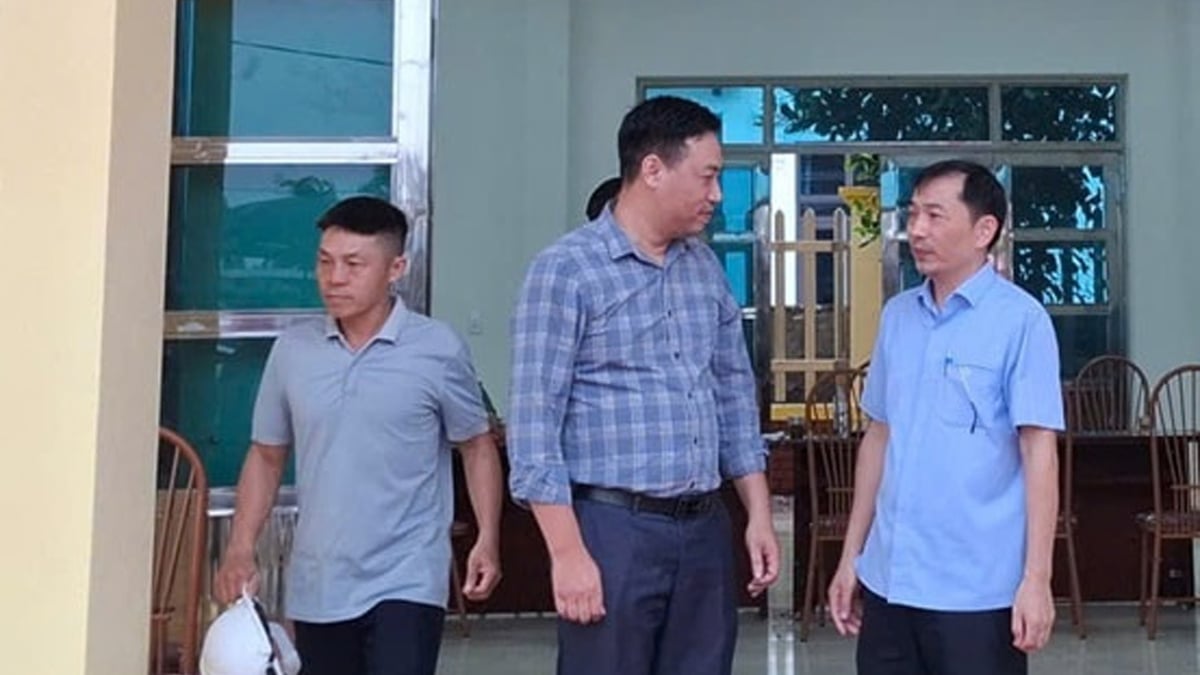
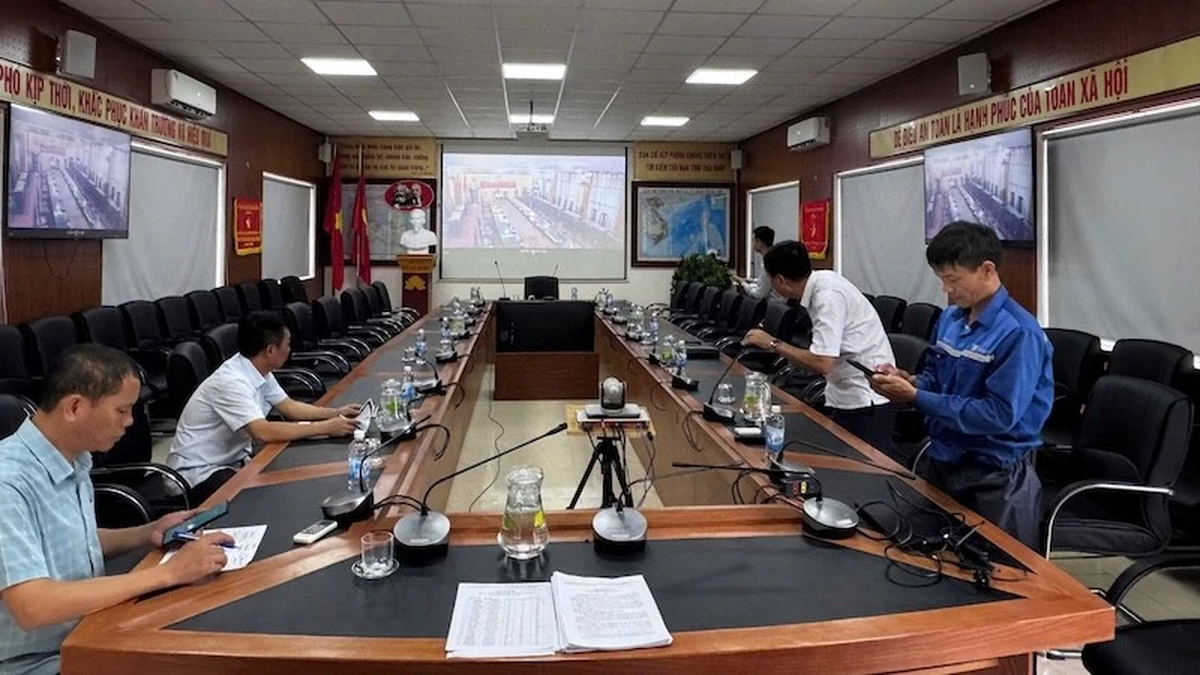


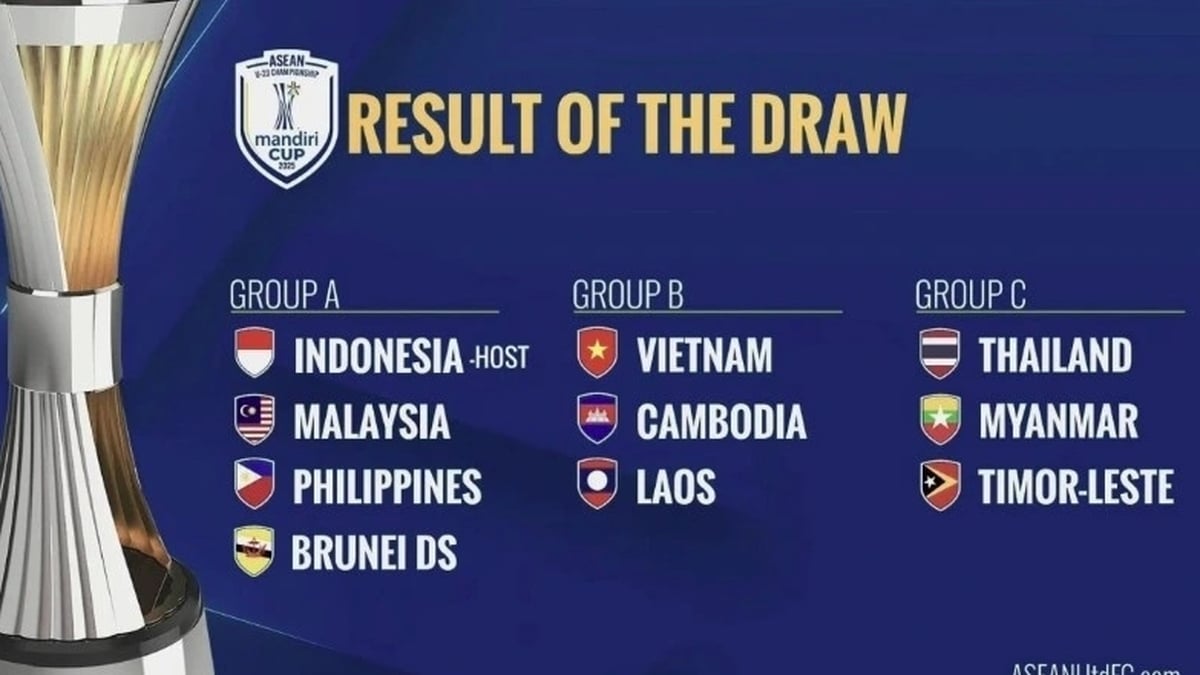
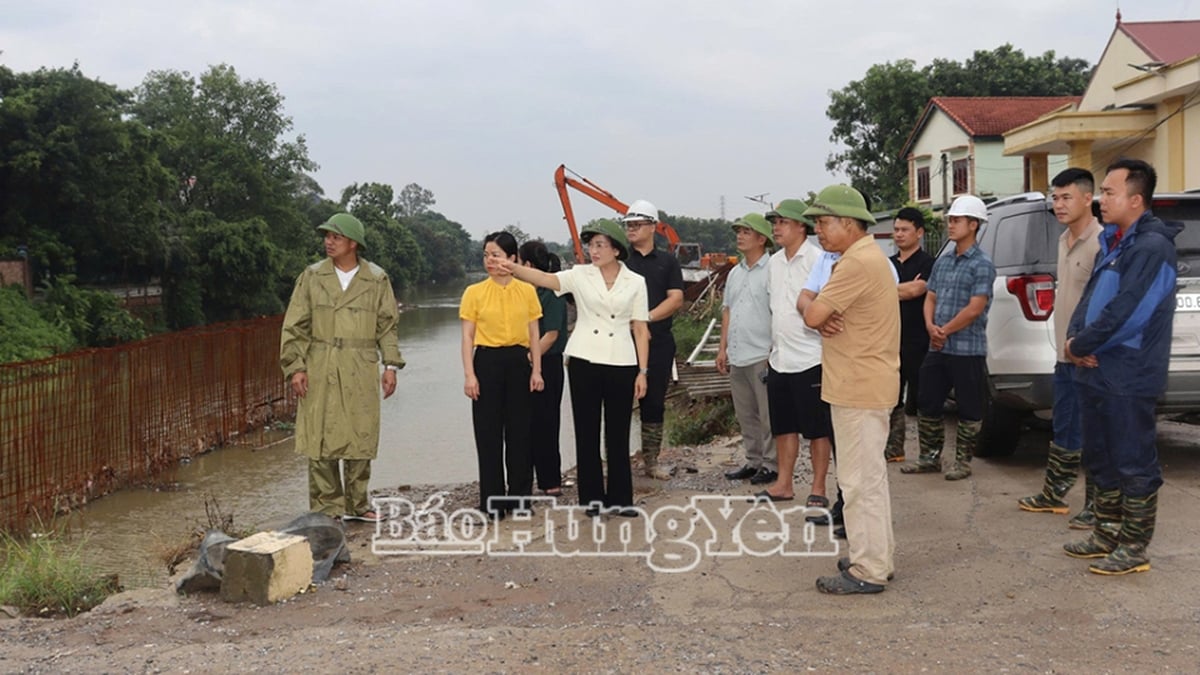
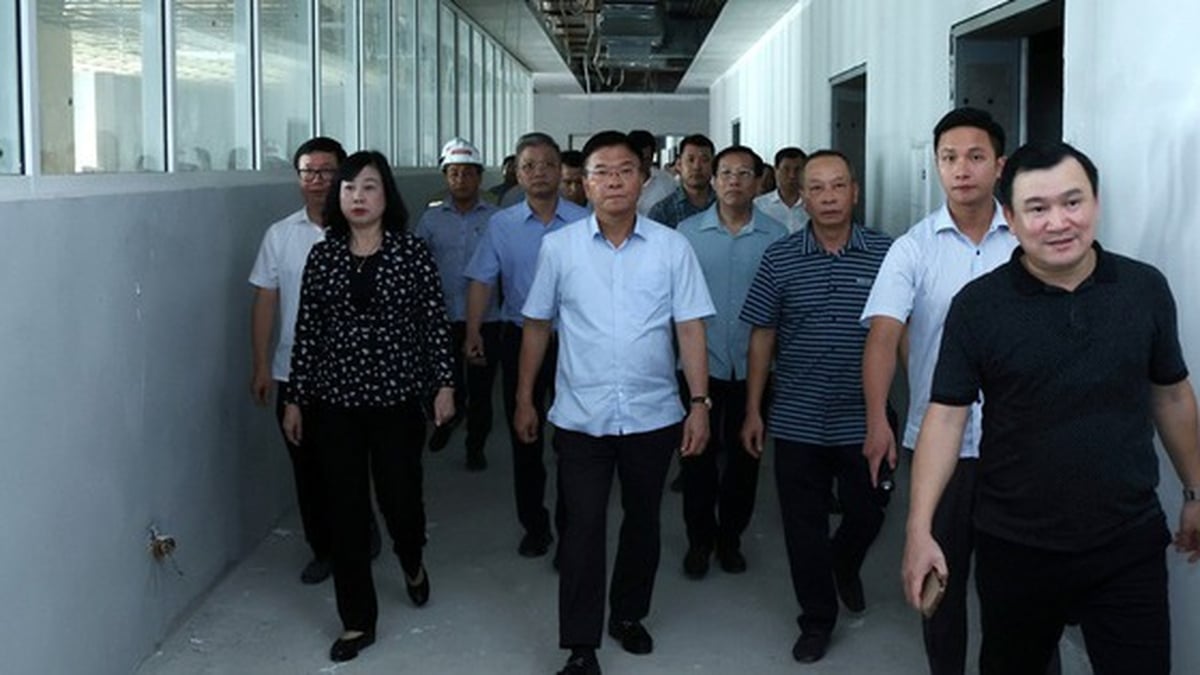
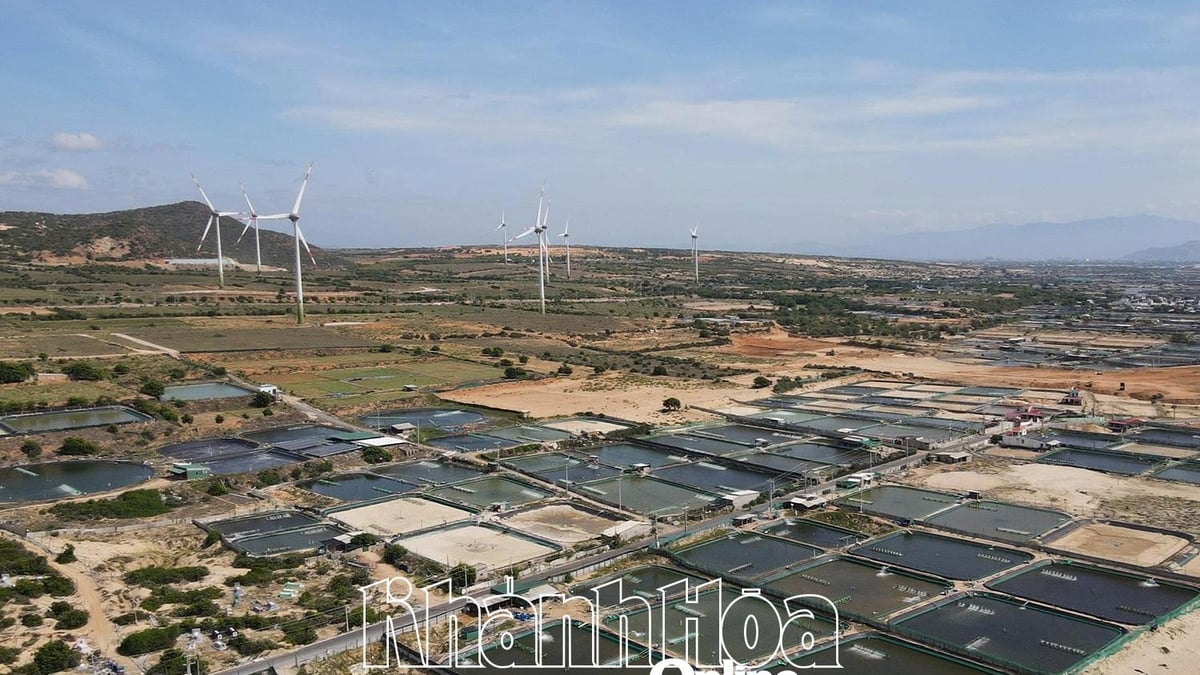
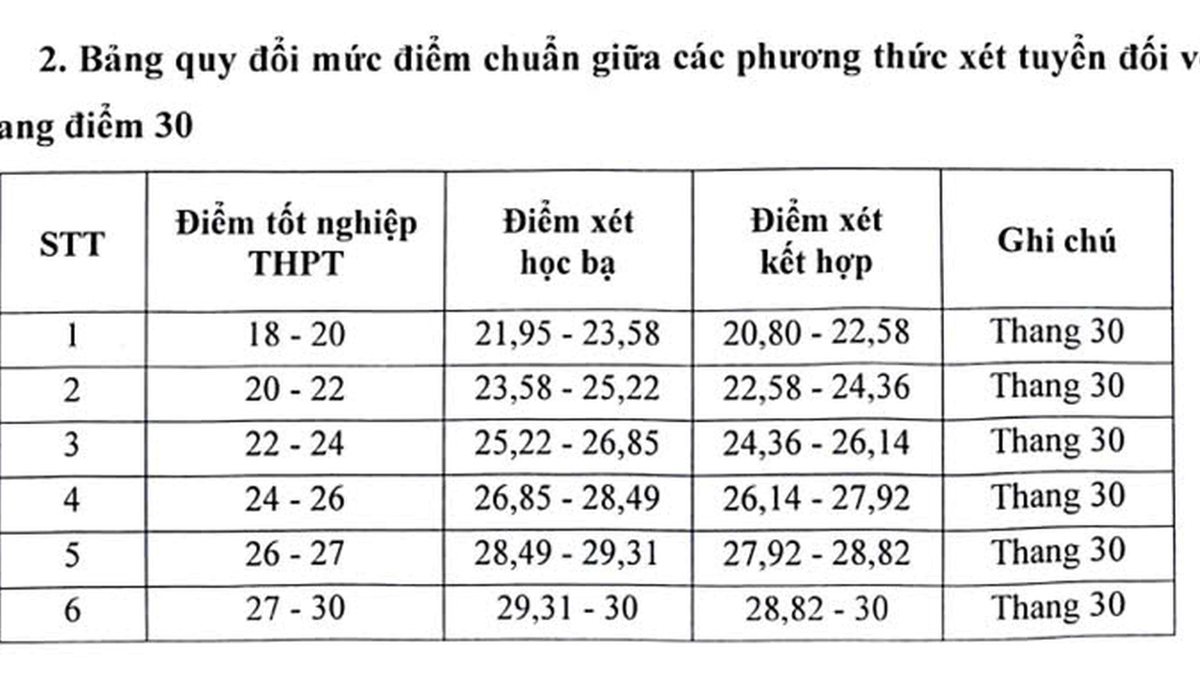












![[Photo] National Assembly Chairman Tran Thanh Man visits Vietnamese Heroic Mother Ta Thi Tran](https://vphoto.vietnam.vn/thumb/1200x675/vietnam/resource/IMAGE/2025/7/20/765c0bd057dd44ad83ab89fe0255b783)













































































Comment (0)